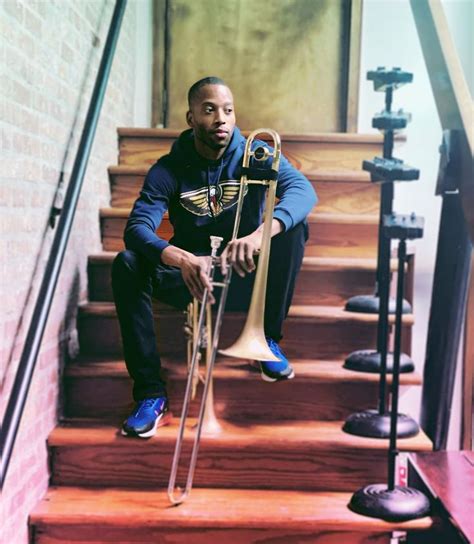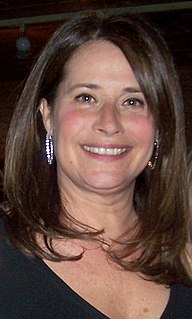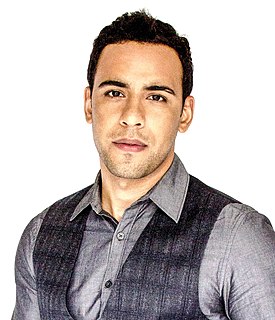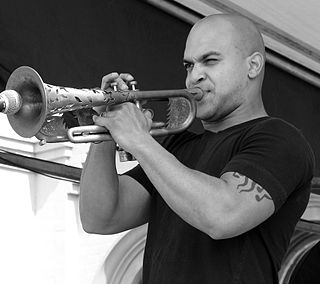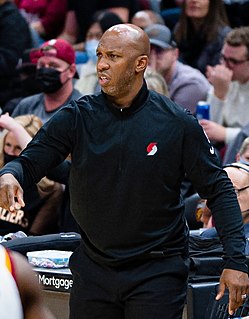A Quote by Troy Andrews
As soon as I was born, my mom said I was humming 'When the Saints Go Marching In,' or something like that, you know? It's in the family. And in that neighborhood [Treme, in New Orleans], I think everybody in the neighborhood has some type of musical influence, even if they don't play instruments or anything. It's the way they talk to you, the way they say your name - it's all musical.
Related Quotes
Those type of people [in New Orleans] keep me happy and just smiling, you know? I just go hang out and talk with them and they tell me all types of old stories, and sometimes I might even pull my horn out in the middle of the block, and they're playing on beer bottles and different things, and we just do a little second line type thing, just us, four or five people, who are just having fun. That makes me day to be able to do that and go hang out with the people in the (Treme) neighborhood, and to do some shows around town, you know?
All musical talent is absent in me, to the point of being unable to play board games that require you to hum a tune while others guess what it is, since all my humming sounds the same. Musical instruments have always seemed like alien artifacts to me, even as I really admire anyone who can play one.
It's kind of like being a writer in the sense that you always hear other writers say, 'Well, the best way to start writing is to just start writing.' The same goes for improvisation. You want to start improvising, just start playing notes. And the more you do that, the more comfortable - or not comfortable - but I guess how you're able to adapt to situations. You become more familiar with your instrument. As soon as you have a musical thought, you can go ahead and add to that musical thought and know your way around.
If you have an all-white neighborhood you don't call it a segregated neighborhood. But you call an all-black neighborhood a segregated neighborhood. And why? Because the segregated neighborhood is the one that's controlled by the ou - from the outside by others, but a separate neighborhood is a neighborhood that is independent, it's equal, it can do - it can stand on its own two feet, such as the neighborhood. It's an independent, free neighborhood, free community.
One thing I had on my side when it came to How to Make It in America is that I'm a born-and-raised New Yorker. Filming in New York... I'm so thankful and humbled by the whole experience. A lot of it takes place in old neighborhood; I'm an East Village kid, so I get to see my old friends from the neighborhood, my family still lives there.
Growing up in the Libya of the 1970s, I remember the prevalence of local bands who were as much influenced by Arabic musical traditions as by the Rolling Stones or the Beatles. But the project of 'Arabisation' soon got to them, too, and western musical instruments were declared forbidden as 'instruments of imperialism.'
I was born very, very lazy and I don't always practice very long. but I must say, in my defense, that it is not so good, in a musical way, to overpractice. When you do, the music seems to come out of your pocket. If you play with a feeling of 'Oh, I know this,' you play without that little drop of fresh blood that is necessary – and the audience feels it.
